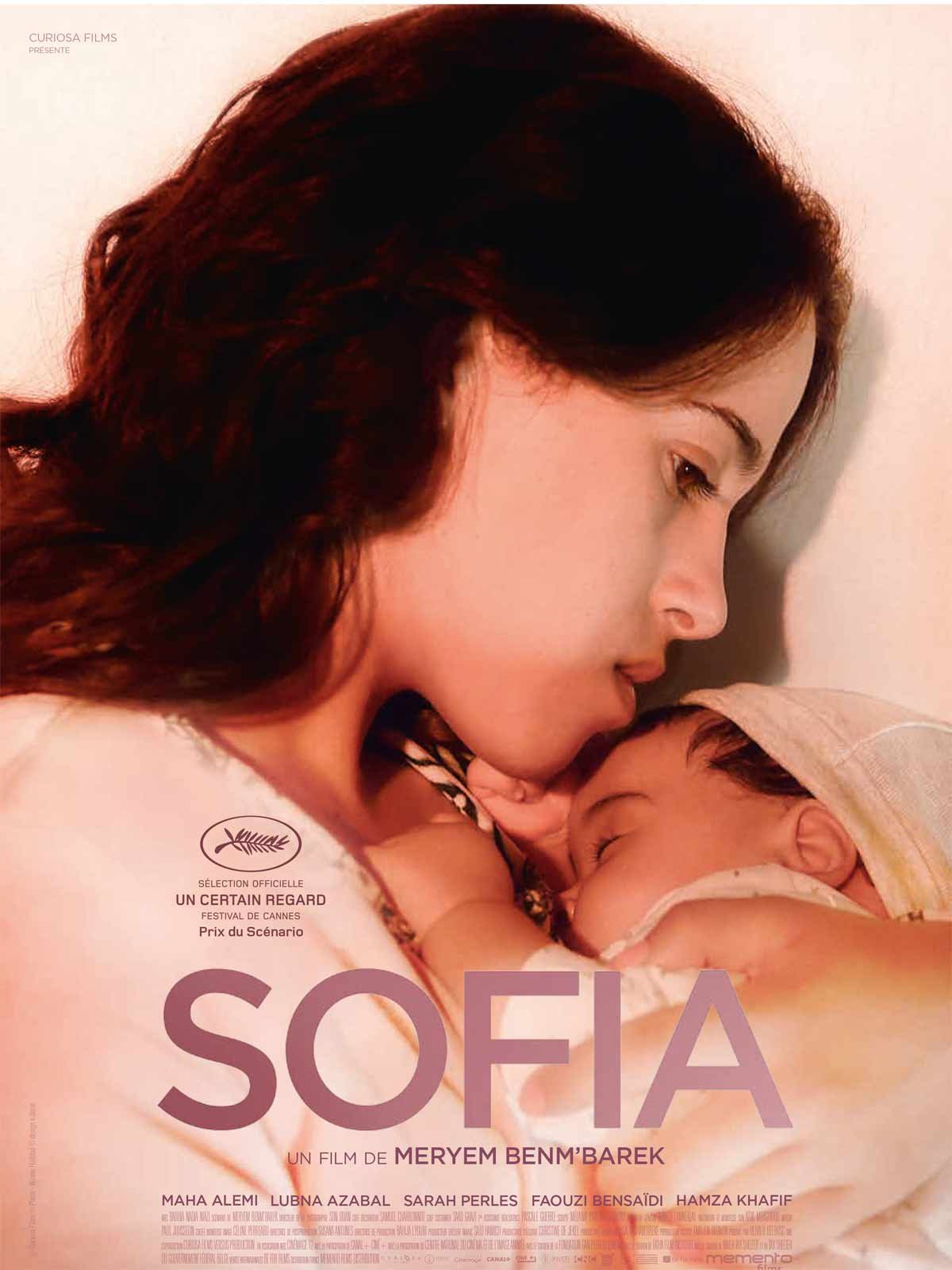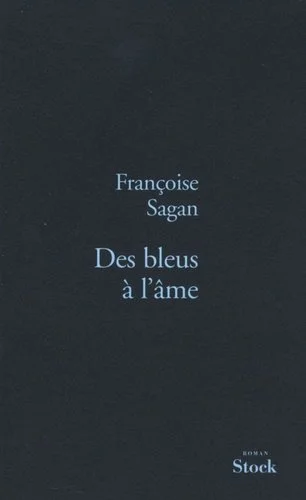Gaze Letter N°45: Soraya Rhazel
Ceci est un aperçu de la Gaze Letter, la newsletter culturelle de Gaze Magazine. Pour la recevoir un jeudi sur deux en entier, inscrivez-vous !
This is a preview of the Gaze Letter, the cultural newsletter of Gaze Magazine. To receive it every other Thursday in its entirety, subscribe!
Cher·e vous,
Soraya Rhazel m'a appelée un vendredi à minuit. J'attendais cet appel depuis des années. L'ex-vixen (danseuse ou figurante dans les clips de rap) était dans ma liste de "personnes à interviewer un jour". Soraya Rhazel titille tout ce que la misogynie nous apprend à détester et, ça tombe bien, on a décidé de dédier un dossier à la figure de la bimbo dans notre dernier numéro. Il est presque une heure du matin, on a parlé travail, adolescence, féminité et féminisme. Soraya Rhazel revendique tout ce que la misogynie nous apprend à détester : se dévoiler, imposer ses limites et protéger les femmes avec qui elle travaille. Ne vous limitez jamais à ce que la lumière vous laisse voir, c'est dans le noir que tout se passe.—Mélissa Chidiac
Dear you,
Soraya Rhazel called me at midnight on a Friday. I'd been waiting for this call for years. The ex-vixen (the terms refers to a dancer or an extra in rap videos) was on my list of "people to interview one day". Soraya Rhazel triggers everything that misogyny teaches us to hate and she was perfect perfect for a feature in our last issue, which explores the figure of the bimbo. It's almost 1AM, and we've talked about work, adolescence, femininity and feminism. Soraya Rhazel takes on everything that misogyny teaches us to hate: revealing her true self, setting boundaries and protecting the women she works with. Never limit yourself to what the light lets you see, it's in the dark that everything happens.—Mélissa Chidiac
"SOFIA", MERYEM BENM'BAREK (2018)
Ce film parle d’une fille qui tombe enceinte hors mariage au Maroc. En raison des moeurs conservatrices de ce pays, les enfants sont abandonnés et les mères perdent tout. Ce film a le courage d’illustrer cette histoire aussi connue que tabou. Il est tellement bouleversant que je ne l’ai vu qu'une fois et serais incapable de le revoir. On se sent proche de ces femmes, et non en position de les juger.
This film is about an unmarried girl who becomes pregnant in Morocco. Because of the country’s conservative mores, children born to single mothers are often abandoned and their mothers lose everything. This film has the courage to illustrate a story that is as well-known as it is taboo. It's so intensely moving that I've only seen it once, and I couldn't possibly watch it again. It's so intimate that you feel close to these women, rather than in a position to judge them.
"DES BLEUS À L'ÂME", FRANÇOISE SAGAN (1972)
Sagan, sa vie de rockstar, épicurienne mais très torturée, me fascine. Dans ce livre, elle écrit : "Ce qui nous use, c’est la vague, c'est ce reflet de soi-même mille fois affronté abruptement dans quelque glace, et ce reflet est mille fois plus pur, mille fois plus dur, que celui qui traîne attendri dans le regard de ces fameux autres." Elle rend aux femmes leur pouvoir sur elles-mêmes. Elle montre la souffrance, la beauté, et la réalité.
Sagan's rockstar life, epicurean but very tortured, fascinates me. In this book, she writes: "What wears us down is the wave, it's that reflection of oneself a thousand times confronted abruptly in some mirror, and that reflection is a thousand times purer, a thousand times harder, than the one that lingers tenderly in the gaze of those famous others." She gives women back the power they have over themselves. She shows suffering, beauty and reality.
"L'AIGLE NOIR", BARBARA (1992)
Barbara, meuf. Ma chanteuse préférée de tous les temps. Dans L’Aigle noir, beaucoup pensent qu'elle parle du nazisme, mais d’autres disent que c’est à propos de son père, qui abusait d'elle depuis ses 10 ans. À l'époque, elle avait fugué pour porter plainte, et la police a appelé… son père, pour venir la chercher. Dans son oeuvre, Barbara a un besoin viscéral de raconter ce qu'elle a vécu, sans vouloir briser l’image sacrée de son père. L'impasse est déchirante.
Barbara, girl. My favorite singer of all time. In L'Aigle noir, many think she's talking about Nazism, but others say it's about her father, who had been abusing her since she was 10. She once ran away to make a complaint, but the police called her father to come and get her. In her work, Barbara has a visceral need to tell the story of what she went through, without wanting to shatter the sacred image of her father. The impasse is heartbreaking.
Inscrivez-vous pour recevoir la Gaze Letter en entier, un jeudi sur deux.
Subscribe to receive the Gaze Letter in its entirety, every other Thursday.





